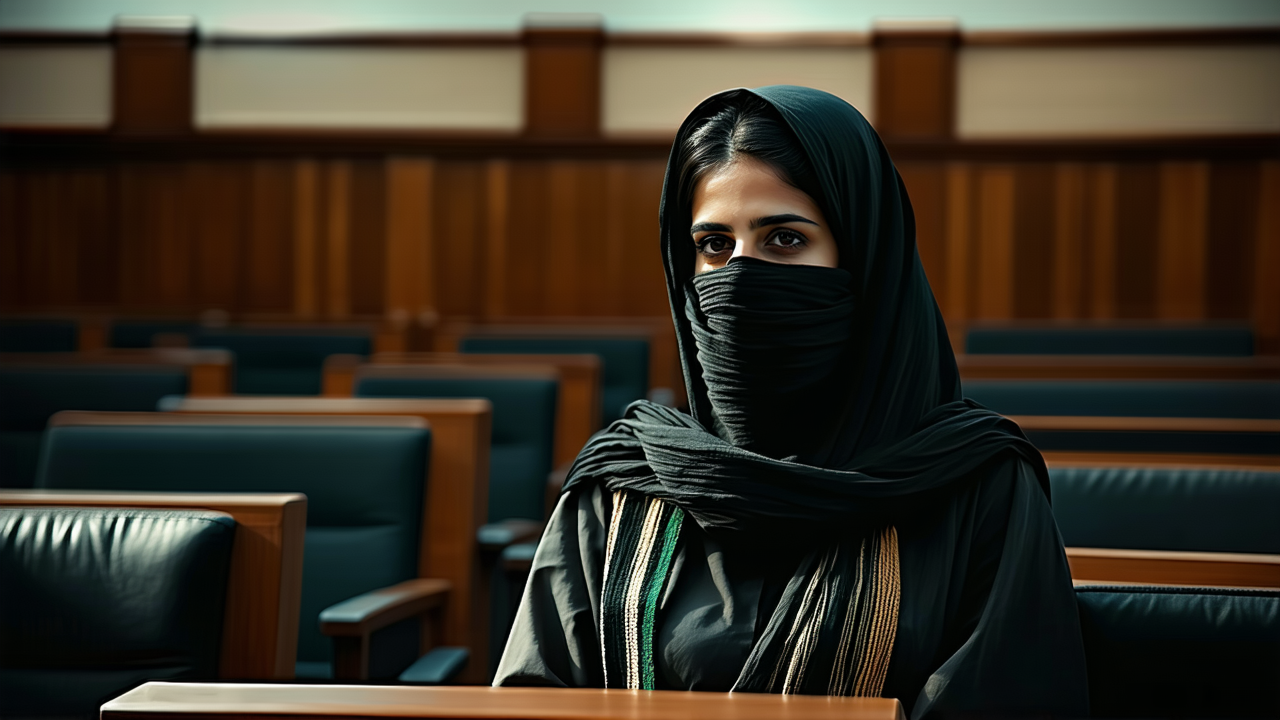UN Expert: Taliban 'Weaponized' Judicial System to Oppress Women in Afghanistan
UN Expert: Taliban 'Weaponized' Judicial System to Oppress Women in Afghanistan
The Taliban's judicial system has been used as a tool to suppress and marginalize women, according to a report by the United Nations Human Rights Council. The report, submitted to the UN General Assembly, highlights the systematic erosion of women’s rights since the Taliban seized control of Afghanistan in 2021.
Richard Bennett, the independent UN investigator on human rights in Afghanistan, stated that the Taliban suspended the 2004 constitution and laws that protected women’s rights, including a landmark law that criminalized 22 forms of violence against women, such as rape and forced marriage. These changes have left women with virtually no legal recourse in cases of abuse or discrimination.
The report also notes that the Taliban replaced all judges from the previous US-backed government, including around 270 women, with men who align with their extreme interpretation of Islamic law. This has resulted in a male-dominated judicial system that often rejects cases related to divorce, child custody, and gender-based violence.
Weaponizing the System
Bennett described the current judicial system as hostile and inaccessible for women. He noted that courts frequently dismiss complaints made by women, and the requirement that a woman must be accompanied by a male relative creates additional barriers to filing complaints or attending court proceedings. This disproportionately affects widows, women who are the heads of their households, and those who are displaced or disabled.
Women who engage with the Taliban court system—whether as victims, alleged offenders, or in family matters—face a hostile environment, according to Bennett. He emphasized that the absence of female judges, prosecutors, and lawyers has made it nearly impossible for women to report abuse or seek justice.
International Response
Bennett called for international action, highlighting the International Criminal Court's request for arrest warrants for two senior Taliban leaders accused of crimes against humanity for persecuting women and girls on gender grounds. He urged all countries to support efforts to bring Afghanistan before the International Court of Justice for violating the Convention on the Elimination of All Forms of Discrimination against Women.
Despite the Taliban's claim that they are implementing Islamic sharia law, Islamic scholars have criticized their interpretation as extreme and not in line with traditional Islamic teachings. Bennett, however, argues that the Taliban’s actions have effectively stripped women of their legal rights, leaving them with few options for justice.
Alternative Justice Mechanisms
In the absence of formal legal protection, many women have turned to informal justice mechanisms, such as traditional jirgas and shuras—community councils of elders—and informal mediation by religious leaders. However, Bennett warned that these systems are also male-dominated and raise serious concerns about the rights of women and girls.
With the Taliban’s continued isolation from the international community and its refusal to engage with UN officials, the situation for Afghan women remains dire. Bennett’s report underscores the urgent need for global intervention to address the systemic oppression of women in Afghanistan.
